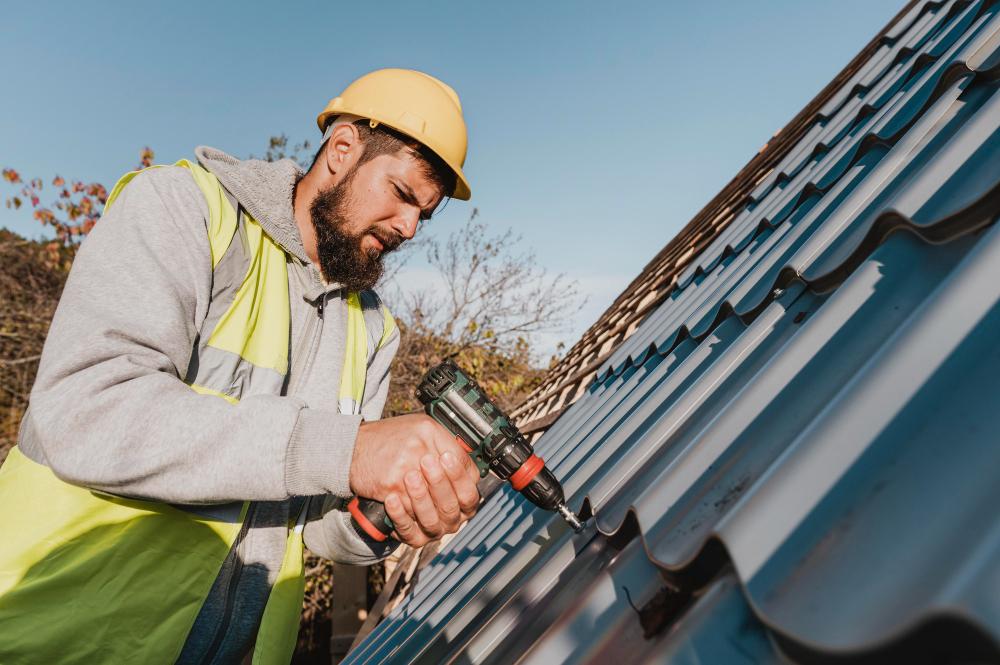Selecting the right roof company is crucial for any property owner. A roof company can offer services such as installation, repair, and maintenance, ensuring the longevity and safety of a home. Understanding the variety of roofing options available and the expertise required can help in making an informed decision.
With many roof companies in the market, it is essential to choose one that combines quality workmanship with reliable customer service. Clients should look for companies that are licensed, insured, and have positive reviews to back their claims. The right company will not only address immediate needs but also provide guidance on future roofing projects.
Investing in a trustworthy roof company can lead to long-term benefits and peace of mind. Taking the time to research and assess different options ensures that property owners receive the best value for their investment.
Essential Services Offered
Roof companies provide a range of essential services to meet the needs of both residential and commercial clients. These services ensure the integrity, functionality, and longevity of roofing systems.
Residential Roofing Solutions
Residential roofing solutions encompass various types of roofing systems designed to protect homes. This includes installation of materials such as asphalt shingles, metal, tile, and slate.
Key Services:
- New Roof Installation: Tailored to customer preferences and local building codes.
- Re-roofing: Adding a new layer over an old roof for improved aesthetics and protection.
- Roof Inspections: Comprehensive evaluations to identify potential issues before they escalate.
Experts often provide advice on selecting the best materials based on climate and architectural style. They ensure that all installations meet safety regulations and manufacturer specifications.
Commercial Roof Installation
Commercial roof installation often involves different materials and techniques compared to residential projects. Common options include built-up roofs (BUR), single-ply membranes, and modified bitumen systems.
Important Aspects:
- Durability: Designed to withstand heavy foot traffic and varying weather conditions.
- Energy Efficiency: Many commercial roofing systems incorporate reflective materials to reduce energy costs.
- Maintenance Plans: Ongoing support is essential to extend the roof's lifespan and prevent costly repairs.
Experienced roofers work closely with business owners to determine the most suitable roofing solution. This collaboration minimizes disruptions to daily operations during installation.
Roof Repair and Maintenance
Regular roof repair and maintenance are critical to extending the lifespan of any roofing system. Timely interventions can prevent leaks, structural damage, and other costly repairs.
Services Include:
- Leak Detection: Identifying sources of leaks and implementing quick repairs.
- Routine Inspections: Scheduled checks to assess the roof’s condition and pinpoint wear.
- Cleaning Services: Removing debris, moss, and lichen to maintain surface integrity.
Skilled professionals utilize various techniques to ensure roofs remain in optimal condition. They provide tailored maintenance plans to address specific needs based on building location and roofing material.
Choosing the Right Roofing Contractor
Selecting the appropriate roofing contractor involves careful consideration of various factors. Key aspects include their licensing and insurance, the quality of materials and craftsmanship, customer feedback, and the warranties offered. Each of these components significantly impacts the outcome of a roofing project.
Licensing and Insurance
It is crucial to verify that the roofing contractor holds the necessary licenses required by local authorities. Each state has specific regulations for roofing professionals. Licensing ensures that the contractor has met specific qualifications and standards.
Additionally, check for liability insurance and worker's compensation coverage. This protects the homeowner from potential liabilities. In the event of accidents or damages, having an insured contractor is essential. Always ask for documentation and confirm its validity.
Materials and Craftsmanship
The quality of materials used in a roofing project can affect longevity and performance. A reputable contractor should offer a variety of roofing materials, such as asphalt shingles, metal roofing, or tile options.
Inquire about the sourcing and durability of these materials. The contractor's craftsmanship is equally important; it should adhere to industry standards. Consider asking to see examples of previous work. This helps gauge the contractor's expertise and attention to detail.
Customer Reviews and Testimonials
Customer feedback plays a vital role in evaluating a roofing contractor. Online reviews can provide insights into the contractor's reliability and quality of work. Look for consistency in ratings across various platforms.
Requesting testimonials from past clients can also be beneficial. Positive experiences often point to a contractor with good communication and professionalism. Be cautious of patterns in negative reviews, as they may indicate recurring issues.
Warranty and After-Sales Service
A strong warranty reflects a contractor's confidence in their workmanship and materials. Homeowners should ask about warranty details—what is covered, the duration, and any conditions.
After-sales service is equally important. A reliable contractor should offer support for any post-installation issues. Ensure they provide clear channels for communication in the event of future concerns. This can help maintain a positive long-term relationship with the contractor.
